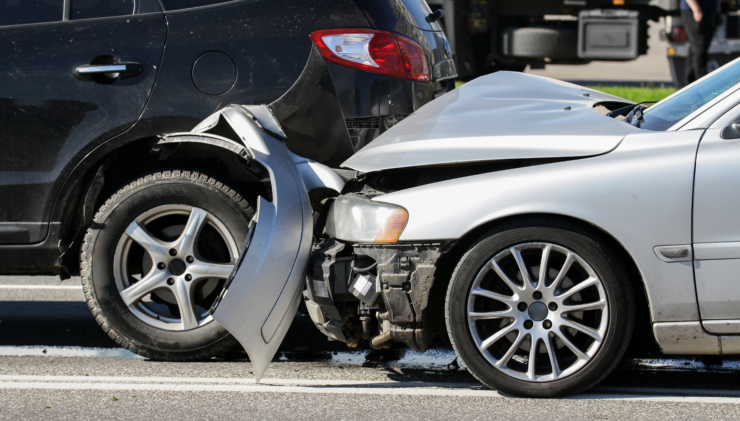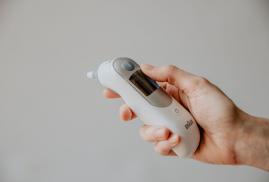 Auto Claims Trends: Frequency, Severity, Repair Costs, and Turnaround Times
Auto Claims Trends: Frequency, Severity, Repair Costs, and Turnaround TimesAs businesses reopen, they must take stringent measures to keep workers and customers safe from the coronavirus. Common efforts might include signage to promote social distancing and the use of masks and sneeze guards – but some employers may be wondering whether they should also use testing.
Although virus testing seems like one of the most efficient ways to control the virus, it also brings up legal complications. Here’s what the U.S. Equal Employment Opportunity Commission (EEOC) advises.
The ADA Still Applies
The pandemic does not grant employers license to ignore the ADA or other anti-discrimination laws. However, the EEOC explains that employers should follow CDC guidelines for workplace safety.
Certain safety measures should be taken in light of the pandemic. According to the EEOC:
- Employers may ask employees if they are experiencing symptoms associated with the pandemic, and they may perform daily temperature checks during the pandemic, but the information collected should be treated as confidential. COVID-19 symptoms often include a fever, cough or sore throat.
- Employers may require employees to obtain a doctor’s note that certifies fitness for duty, although the EEOC notes that some flexibility may be required if doctors are too busy to supply such notes.
- Employers can choose to test employees for current COVID-19 infection before they enter the workplace. This is considered permissible because individuals with COVID-19 pose a direct threat to the health of others, so testing is considered “job related and consistent with business necessity.”
- However, antibody tests that determine whether an employee has had COVID-19 should not be administered. According to the EEOC, antibody tests are considered a medical examination and they should NOT be used to make decisions about whether an employee can return to work.
Antibody Testing and Controversy
Antibody tests are used to see if a person has antibodies against a virus, indicating a previous infection. Some people have proposed that antibody testing could be used to see which workers are immune to COVID-19 and can therefore, at least in theory, be cleared to return to work safely.
However, the EEOC says that such testing is not allowed.
According to the CDC, it can take one to three weeks after a COVID-19 infection for antibodies to develop, so a negative test does not guarantee that a person is not infected, and people who get negative results may still be able to spread the disease.
A Developing Situation
The EEOC may provide new and updated information as understanding of the virus increases. The information included here on antibody testing refers to new clarification provided on June 17. Employers should also pay attention to evolving CDC and OSHA guidelines, as well as local and state orders.



